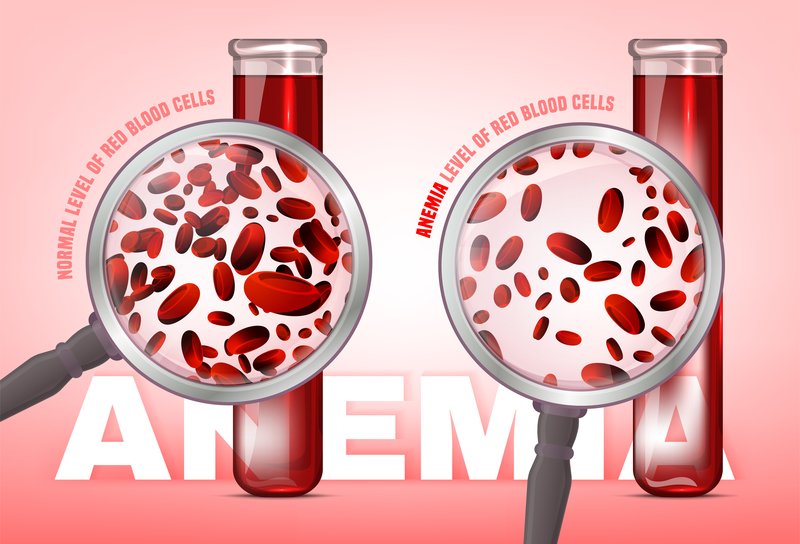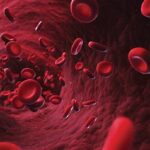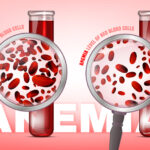oxidative stress markers and pregnancy outcome
Objective: Iron deficiency anemia (IDA) can severely impair the outcome of pregnancy. IDA has been shown to cause oxidative stress, which may be exacerbated by oral iron therapy. In this study, the effects of IDA and its treatment with iron polymaltose complex/folic acid (IPC/FA) were examined in anemic pregnant rats, their fetuses and placentas.
Study design: Hematological variables and oxidative stress markers in the liver, heart and kidney were evaluated in non-anemic, anemic and IPC/FA-treated pregnant rats and their fetuses. Markers for oxidative stress, inflammation and hypoxia were assessed in the placentas of all groups.
Results: IDA was shown to increase oxidative stress levels in all the studied organs and in placenta as well as hypoxia and inflammation in placenta. IPC/FA treatment corrected IDA measured by the hemoglobin level, serum iron level and transferrin saturation. The oxidative stress levels in all the studied organs and in placentas of the IPC/FA-treated group were comparable to those of the non-anemic group. The number of fetuses and the neonatal and placental weight were lower in the anemic group compared to the non-anemic and IPC/FA-treated groups.
Conclusions: The current study shows that IDA in pregnant rats impaired pregnancy outcome, increased the expression of hypoxia and inflammatory markers in the placenta, and increased oxidative stress in dams, fetuses and placentas. Treatment with oral IPC/FA corrected the IDA as well as reduced the levels of oxidative stress and inflammatory markers close to non-anemic control values in all the studied organs.




